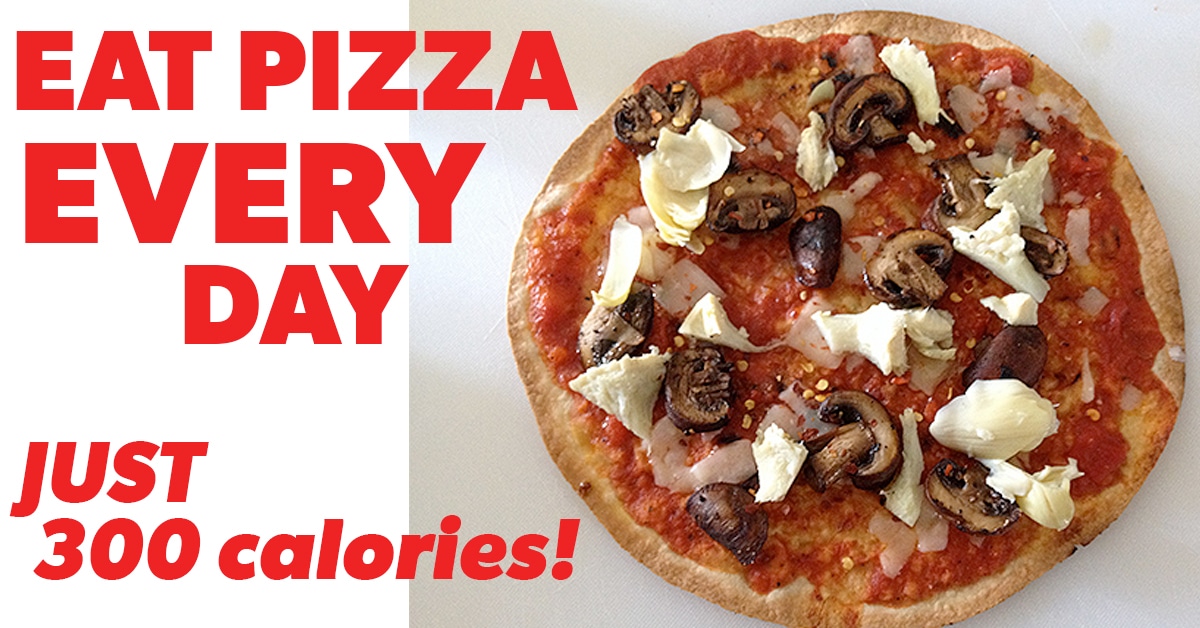As the coronavirus has forced most of the world into a state of quarantine and lockdown, a great many people have been forced to face new trials and hurdles that they probably could not have foreseen just a few short months ago. Among the most difficult of these new challenges is isolation and the issues that go along with being deprived of regular social interaction. If you are struggling with the consequences of isolation during this crisis, here are a few valuable lessons that the pandemic has taught us that may be able to help you cope.
Eliminating Anxiety isn’t a Realistic Goal
From finances to family issues, there doesn’t seem to be a single source of anxiety that this pandemic has not made worse. If eliminating anxiety wasn’t feasible before the quarantine then it certainly isn’t now. Rather than stressing yourself out even further by feeling guilty about your anxiety, it’s better to recognize that these are anxious, trying times and accept that there will come a day when your anxiety will be much easier to manage.
There’s no Such Thing as Wasted Time
During quarantine, many people have found themselves with more time on their hands than they know what to with. With the entire world closed down, hours that used to be spent in work and play are now left unfilled. It’s important to recognize, though, that there is no wrong way to fill these hours. One study conducted by the AAPD shows that, in times of crisis, people tend to spend much more time playing video games, watching TV, and surfing the internet. While these actives may feel like wasted time under normal circumstances, these are not normal circumstances, and anything that makes you feel at least a little happy and entertained is time well spent.
The Digital World has its Pros and Cons
In this time of quarantine and isolation, the digital world has been a double-edged sword. On the one hand, the internet has been our saving grace, enabling us to stay connected with our friends and family and, in some cases, enabling us to continue working from home. By the same token, though, this pandemic has shown us that the digital world is a poor replacement for real-life interactions. When we do come out on the other side and return to a sense of normalcy, let’s hope that we can all appreciate the digital world for what it has to offer while at the same time recognizing its drawbacks in a way we might have not been able to do so before.
Loneliness is an Epidemic all of its Own
Every human being deals with varying degrees of loneliness from time to time. However, this pandemic has forced many of us to face loneliness in a way that we’ve never experienced it before. If there’s one good thing that can come from this, though, it’s a new sense of understanding regarding the pain of loneliness and the importance of reaching out to others. As you go about dealing with quarantine and isolation, be sure to take loneliness seriously and make every effort to stay connected with the people you care about. Just as importantly, though, help others combat the epidemic of loneliness both during and after this pandemic. Remember that there are people in the world whose loneliness began long before coronavirus brought the world to a standstill, and a little effort to reach out and make someone’s day better is all it takes to combat an epidemic that has plagued mankind since the dawn of time.
It’s Essential to Manage Negative Feelings
We as human beings have the unfortunate tendency to make a crisis even worse in our own minds than it actually is in reality. As bad as this pandemic has been – and no one is denying that it’s been bad – it’s important not to fall prey to negative feelings that make it seem much worse. We will get through this, and there is a light at the end of the tunnel. The sense of normalcy that seems so far removed will return again, and, when it does, we may very well exit our homes to find a much more grateful, kind, and understanding humanity.






